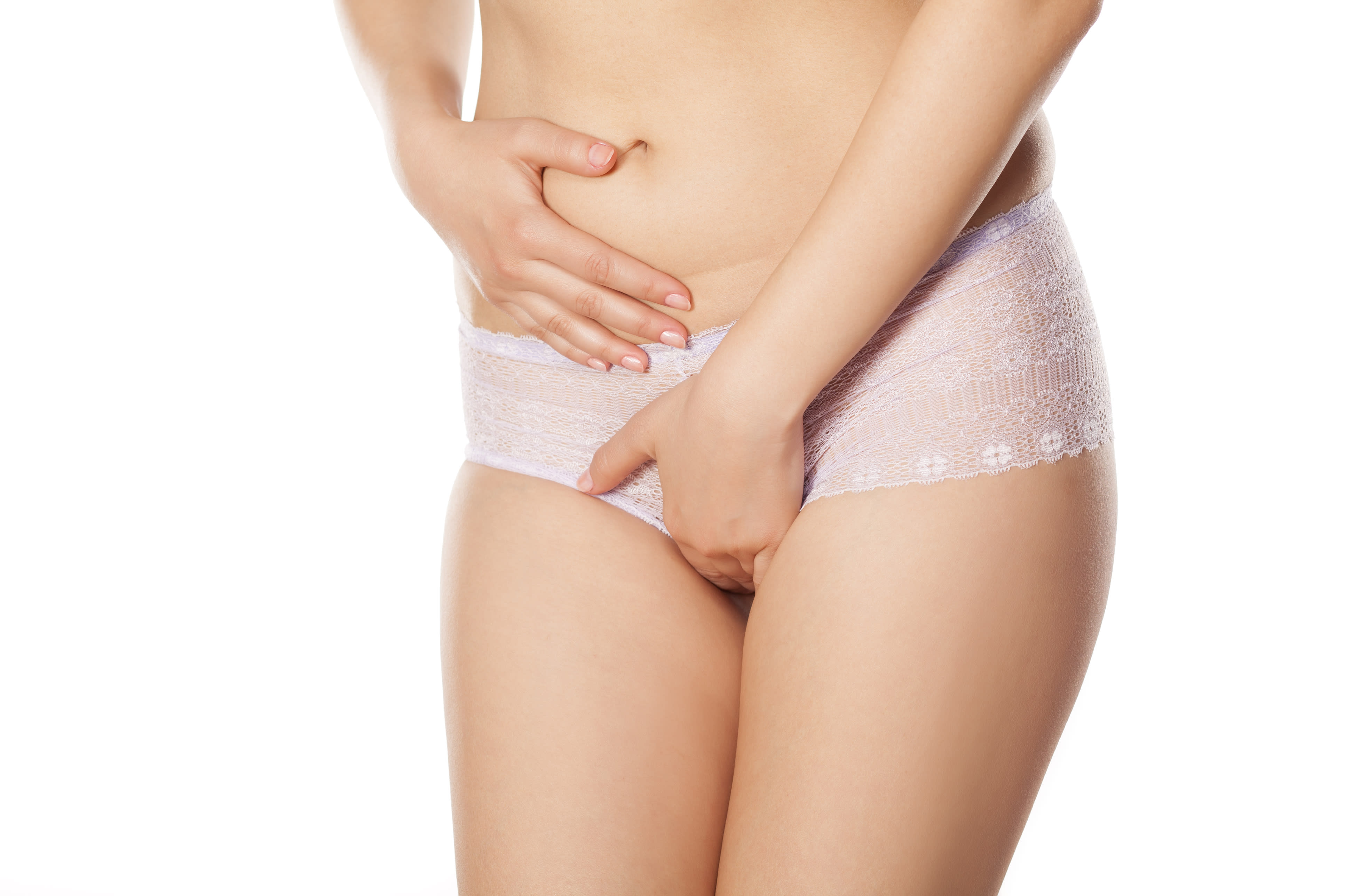
Urinary incontinence, or better known as leakage, is a common yet often under-discussed condition that affects people of all ages and genders. Urinary incontinence can range from occasional leaks during exercise to a frequent, urgent need to urinate that disrupts daily life. At Motion Works Physiotherapy Orleans, our pelvic floor physiotherapists can help you restore control, improve bladder health, and regain confidence in your everyday activities!
What is Urinary Incontinence?
Urinary incontinence is the involuntary loss of urine from the bladder. Urinary incontinence can affect both men and women in any age group, however it is more common among women and older populations. Although leakage occurs more frequently in people as they age, urinary incontinence is not an inevitable consequence of aging. Leakage can happen during exercise, coughing, sneezing, lifting, or even without warning. Some types of urinary incontinence include:- Stress Incontinence: leakage from exertion, such as coughing, laughing, or lifting.
- Urge Incontinence: a sudden intense urge to urinate followed by leakage
- Overflow Incontinence: when the bladder doesn’t empty completely
Did you know that:
- Urinary incontinence affects 1 in 3 women worldwide.
- As many as 3.3 million Canadians (10% of the population) experience some form of urinary incontinence.
- According to the Canadian Urinary Bladder Survey, 16% of men and 33% of women over the age of 40 have symptoms of urinary incontinence, but only 26% have sought medical attention.
- Women spend $750 annually on absorbent products like panty liners, pads, and other incontinence supplies.

Signs and Symptoms of Urinary Incontinence
What you may think is normal, could be signs of urinary incontinence. Urinary incontinence can show up in different ways depending on the type and underlying cause. Common signs and symptoms of urinary incontinence include:- Leaking urine during everyday activities, such as lifting, bending, coughing, or exercising
- A sudden, strong urge to urinate that is difficult to control
- Frequent urination, including waking up multiple times at night to use the bathroom
- Dribbling or leaking urine after finishing urinating.
- A feeling of incomplete bladder emptying even after going to the bathroom
- Avoiding social situations or exercise out of fear of leakage.
Contributing Factors to Urinary Incontinence
As mentioned, urinary incontinence occurs more frequently in people as they age. However, an individual’s risk for developing incontinence might be higher if you:- Have a chronic health condition
- Have given birth
- In menopause
- Have an enlarged prostate
- Have had prostate surgery
Pelvic Floor Physiotherapy Can Help!
Pelvic floor physiotherapy can help treat urinary incontinence by focusing on strengthening and improving the function of the muscles that support your bladder, bowel, and reproductive organs. These muscles play a crucial role in controlling when you urinate. When they become weak, tight, or uncoordinated, leakage can occur. Our pelvic floor physiotherapists at Motion Works Physiotherapy Orleans can:- Assess your pelvic floor function to determine whether the muscles are weak, overactive, or not working in sync
- Teach you how to correctly activate and relax your pelvic floor muscles, often through personalized exercises (not just Kegels!)
- Provide bladder retraining strategies to help you regain control and reduce urgency or frequency
- Address contributing factors such as posture, breathing patterns, and core stability, which all affect pelvic floor function
Urinary incontinence can be frustrating, embarrassing, and isolating, but it doesn’t have to be! By understanding its causes and seeking support from a pelvic floor physiotherapist, you can regain confidence, control, and comfort in your everyday life. Contact us to book an initial assessment with one of our pelvic floor physiotherapists at Motion Works Physiotherapy Orleans. We are here to help!
